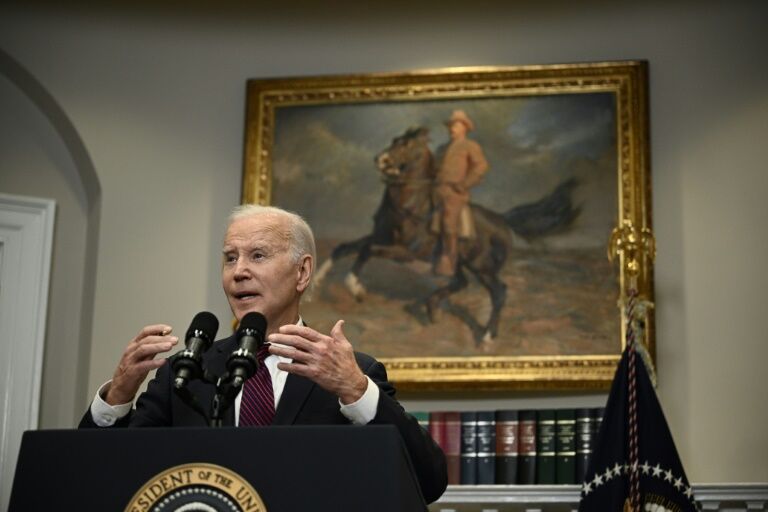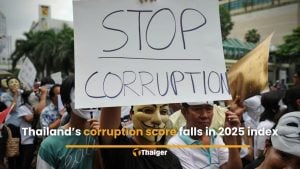Biden optimistic about avoiding US debt default despite impasse with Republicans

Tensions continue to rise over the US debt limit, with President Joe Biden expressing optimism about reaching an agreement with Republican counterparts while acknowledging that no deal has been struck yet. The ongoing deadlock has raised the spectre of a first-ever US default, which could bring potentially disastrous consequences, including a possible recession and global financial contagion.
Republicans in Congress are insisting on budget cuts as a condition for raising the US borrowing limit, while the White House has maintained that the nation’s credit should not be open to negotiation. With fears of a default escalating, both sides have still failed to find common ground, despite repeated warnings from government officials and bankers about the potentially dire fallout.
Still, Biden shared his confidence in achieving an eventual agreement with reporters. He highlighted a genuine desire from both parties to reach a consensus and suggested that they would ultimately be successful. However, a crucial round of debt-ceiling talks between Biden and Republican leaders, including House Speaker Kevin McCarthy, has been postponed until the coming week.
The uncertainty around a default date has only added to mounting concerns. Treasury Secretary Janet Yellen has suggested it could occur by June 1, while the nonpartisan Congressional Budget Office predicts June 15. Deputy Treasury Secretary Wally Adeyemo emphasised the seriousness of the situation, stating that the US cannot afford to default on its debt and warning that doing so would be “catastrophic.”
President Biden has advocated for a “clean” increase of the debt ceiling, but Republicans are pressing for any extension of the country’s borrowing authority, currently capped at US$31.4 trillion, to come with significant curbs on spending. Former President Donald Trump has even urged Republican lawmakers to hold out for default if Biden doesn’t concede to massive cuts.
This looming possibility of default also hangs over Biden’s upcoming trip to Asia for a G7 leaders’ meeting, among other events in the region. However, Biden currently plans to proceed with the trip as scheduled.
In the meantime, Adeyemo has acknowledged that “constructive” negotiations are continuing at the staff level. He refuted claims that President Biden is not interested in addressing the soaring US debt, pointing to his proposed plan that includes US$3 trillion in debt relief over a decade.
Lael Brainard, director of the White House’s National Economic Council, has similarly expressed confidence that an agreement will be reached. While emphasising the importance of avoiding a default, she asserted her expectation that Congress will take the necessary action to prevent it.
As they inch closer to a resolution, President Biden conceded that while “real discussion” is happening between the two sides, they are not quite there yet. The coming weeks could be critical in determining the US’s financial future, as well as the broader global economic stability, reports Bangkok Post.
Latest Thailand News
Follow The Thaiger on Google News:


























